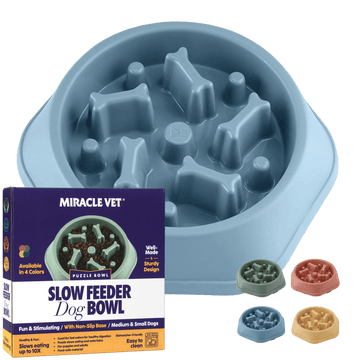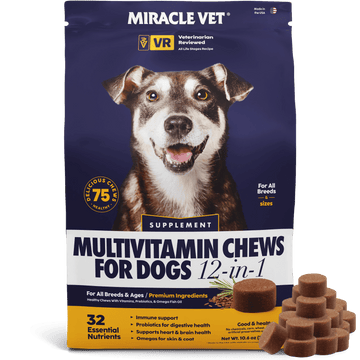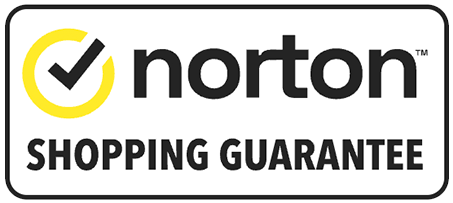If your dog is underweight or has lost a lot of weight recently, this could be a sign of an underlying condition. You should speak to your veterinarian to have them examined.
Dog owners often turn to us when their dog is in recovery or undergoing treatment, as our veterinary-recommended supplement is ideal for helping dogs regain weight.
How to gain weight healthily
It is important for an underweight dog, especially one in recovery, to gain weight healthily. While it might be tempting to treat your dog with tasty high-calorie snacks or human food, if these treats lack a proper balance of nutrients, the added weight could strain your recovering dog.
Tips to help your dog gain weight
Weigh your dog regularly
Weighing your dog helps monitor their weight gain without relying solely on their appearance.
Exercise your dog
To put on healthy weight — especially during recovery — your dog needs to build muscle mass. While exercising might seem counterproductive because it burns calories, it actually helps promote healthy weight gain and increases your dog’s appetite.
Feed them small meals regularly
Instead of overwhelming your dog with a large meal, feed them smaller, nutrient-dense meals more frequently. This will help their stomach adapt to the extra calories and prevent nausea that might deter future eating. Miracle Vet high-calorie weight gain liquid is an easy and tasty way to provide your dog with extra nutrition without overwhelming them.
Give them high-calorie treats
Treats are a great way to increase your dog’s caloric intake. Look for high-calorie treats designed to promote healthy weight gain.
Feed them high-quality, nutrient-dense dog food
Cheaper dog foods often contain unhealthy fats. While these might help your dog gain weight initially, they don’t support long-term health. Healthy fats are part of a balanced diet, but your dog also needs quality proteins, carbohydrates, and vitamins to boost their immunity, prevent allergies, and support gut health.
A high-quality dog food will provide the nutrients your dog needs to recover, gain weight healthily, and strengthen their immune system. If your dog is accustomed to lower-quality food, transition them gradually. Start by mixing 20-30% high-quality food with their current food, then slowly increase to 100%. This approach minimizes tummy upsets from dietary changes.
You can also add multivitamins or supplements to help them during the transition period. Switching to a better-quality dog food long term will help your dog maintain a healthy weight, avoid digestive issues, and receive supplements that improve joint health and immunity.
Talk to your veterinarian
When changing your dog's diet, always consult with your veterinarian. They can advise on any food allergies, determine a healthy weight gain target based on your dog’s age, breed, and recovery status, and identify any dietary support needed for underlying conditions.
For more advice on helping your dog recover and maintain a healthy weight, sign up for our newsletter to receive tips straight to your inbox.










